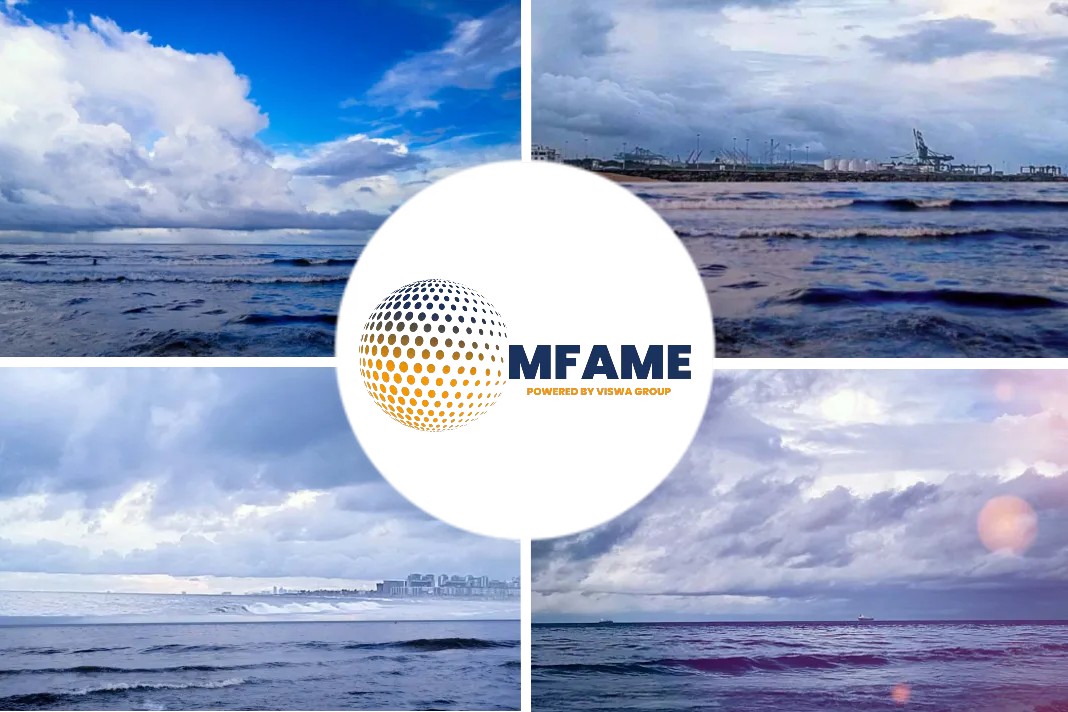The Methanol Institute (MI) is backing a project at Nanyang Technological University (NTU) of Singapore which will be the first evaluation of Methanol as a marine fuel in Asia.
Green Pilot Project
The project consists of two phases, with the first consisting of desktop and bench-testing the Methanol-powered engine employed in the GreenPilot evaluation program in Gothenburg, Sweden. In the second phase, the engine will be shipped to Singapore for installation onboard a harbor craft vessel for service within a fleet for a six-month sea trial, followed by an engine ‘teardown’ to test clearances and material compatibility.
The costs of the pilot project are estimated at S$200,000 and will cover the installation of the engine, bunkering, training, and subsequent sea trials. The data collected will be shared with a number of official observers to help to fill some of the knowledge gaps on Methanol, including its level of fuel efficiency and viability as a marine fuel.
Methanol Institute Chief Operating Officer Chris Chatterton said, “For maritime players in Singapore, the project will be a useful demonstration of the benefits of Methanol as a marine fuel, encouraging them to consider it as an alternative fuel once they gain a better understanding. The GreenPilot project together with others such as the SUMMETH (Sweden) and Methaship (Germany) projects have shown that Methanol can be easily adopted as a marine fuel at reasonable cost and without the complexity of other low emission alternatives.”
Initial Assessment Completed
A team from NTU recently returned from Gothenburg, Sweden, where they spent a week assessing the technical and safety merits of methanol-fuelled engines in commercial applications with ScandiNAOS, Stena Line and Lund Technical University.
The GreenPilot project demonstrated that it is feasible to convert a pilot boat to methanol operation using available technology. Spark-ignited engines with port-injected methanol were found to have engine efficiency similar to diesel engines. Emissions reductions were substantial compared to conventional fuel oil: there is no sulphur in methanol and NOx emissions were reduced so that the engine could meet Tier III NOx emission standards.
Low particulate emissions
Particulate emissions from combustion were 99% lower than those from conventional fuel oil and when methanol from fossil-free feedstock is used, greenhouse gas emissions can be reduced significantly. The results and findings from the GreenPilot project are considered to be applicable for many other types of smaller vessels, which could achieve similar emissions reductions from using methanol as fuel.
Mr.Chtterton conveyed that the maritime industry is increasingly looking for more sustainable solutions to help deliver targeted emissions reductions and the prospect of renewable methanol offers a future proof answer. Methanol-fueled ships can already use existing fuel tanks or even ballast water tanks for storage, thereby lowering the investment risks of new building or conversion, and the regulatory landscape is also moving in Methanol’s direction.
Guideline to be drafted based on feedback
The regulatory environment governing Methanol as marine fuel took a further step forward in December 2018 when the 100th meeting of IMO’s Maritime Safety Committee instructed its sub-committees to consider relevant parts of the draft interim guidelines prepared by the CCC 5 sub-committee for the safety of ships using methyl/ethyl alcohol as fuel.
The sub-committees will provide their feedback to CCC6 in September 2019 and the interim guidelines should be ready for formal approval by MSC in the first half of 2020. The guidelines provide requirements for the arrangement, installation, control and monitoring of machinery, equipment and systems using methyl/ethyl alcohol as fuel to minimize the risk to the ship, its crew and the environment, taking into account to the nature of the fuels involved.
Did you subscribe for our daily newsletter?
It’s Free! Click here to Subscribe!
Source: MarineLink
















